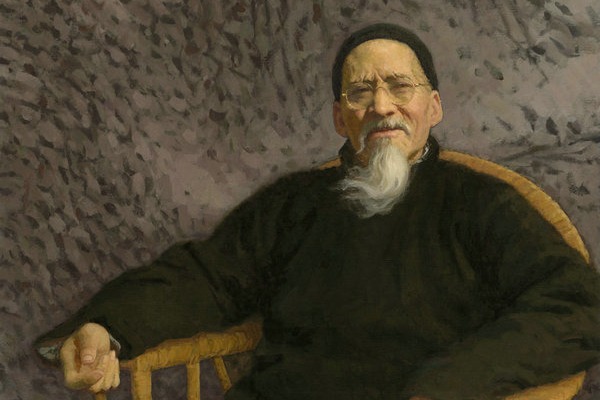Film puts justifiable defense in spotlight


Comments from experts, officials and the public about a movie centered on the theme of justifiable defense have called for grasping the essence of the legal concept to prevent unlawful behavior.
The film, Article 20, which is directed by Zhang Yimou, draws its name from Article 20 of the Criminal Law, which focuses on the sometimes contentious legal concept of justifiable self-defense.
Drawing inspiration from real-life cases of justifiable defense, the film has garnered widespread attention and resonated with the public as well as judicial institutions during the Spring Festival holiday. The movie calls for a nuanced interpretation of legal provisions and urges against compromising on unlawful conduct.
According to the Criminal Law, when a person, faced with an unlawful attack, takes action to protect his or her own rights or interests or those of others, and the attacker is thereby harmed, the defender will be considered to have acted in justifiable defense and will not bear criminal liability.
For some time, justifiable defense has been regarded as a "dormant clause", due to challenges in interpretation and the influence of misconceptions, such as "whoever is injured or killed is right".
Many online users have commented that the true meaning of the law should be to increase the liability for wrongdoers, rather than burdening good people.
Recent cases have shown that, for ordinary citizens, justifiable defense is no longer an illusory provision.
Luo Xiang, a renowned professor of criminal law at China University of Political Science and Law, said in a recent comment about the film that the public and judicial officers should avoid taking a "godlike" perspective or adopting a rational but armchair stance. Instead, they should consider the situation in which the defender was involved, empathize with the defender's position, and refrain from making excessive demands on the defender, Luo said.
Ji Bingxue, a prosecutor with the Supreme People's Procuratorate, said in an article published on the SPP's WeChat account that the Criminal Law established the justifiable defense system in 1979 to provide an incentive for citizens to combat crime. Despite improvements in 1997, the system remained dormant for a significant period.
Beyond the statutory provisions, cases involving justifiable defense are often complex, with many lacking adequate evidence, leading to sometimes controversial determinations, Ji said. Additionally, precedents set in previous cases have influenced the application of the justifiable defense concept.
A high-profile case in Kunshan, Jiangsu province, in 2018 served as a wake-up call and caught the attention of judicial authorities regarding such cases. In that case, atraffic dispute led to a knife-wielding motorist confronting another man. The motorist was killed, and police and prosecutors determined that the defender's actions constituted justifiable defense.
Since then, prosecutors in several places across the nation have applied the justifiable defense clause.
There has been public concern in such cases that has primarily focused on the criteria for determining justifiable defense versus excessive defense. The concern over justifiable defense reflects the public's demand for democracy, rule of law, fairness, justice and security, Ji said, adding that the principle of "not compromising with unlawfulness" must guide prosecutors in handling such cases.
"The judiciary serves as society's last bastion of fairness and justice; any faltering risks eroding public trust," he said.
Liu Zhe, a prosecutor from the Beijing People's Procuratorate, said that the existence of "dormant clauses" signifies a lag between legislative and judicial concepts, resulting in misapplications.
"The reliance on outdated judicial concepts inevitably leads to flawed cases. Persisting with such flawed precedents hinders progress, leading to an unjust status quo," Liu said.
Liu emphasized that judicial officers should possess critical thinking skills, dynamically understand the law's essence, and adapt to evolving societal needs to meet public demands for rule of law.
Making decisions departing from traditional precedents requires courage and accountability, Liu said, adding that judicial authorities must consistently support justifiable defense and intervention to empower the public to combat illegal activities.





































